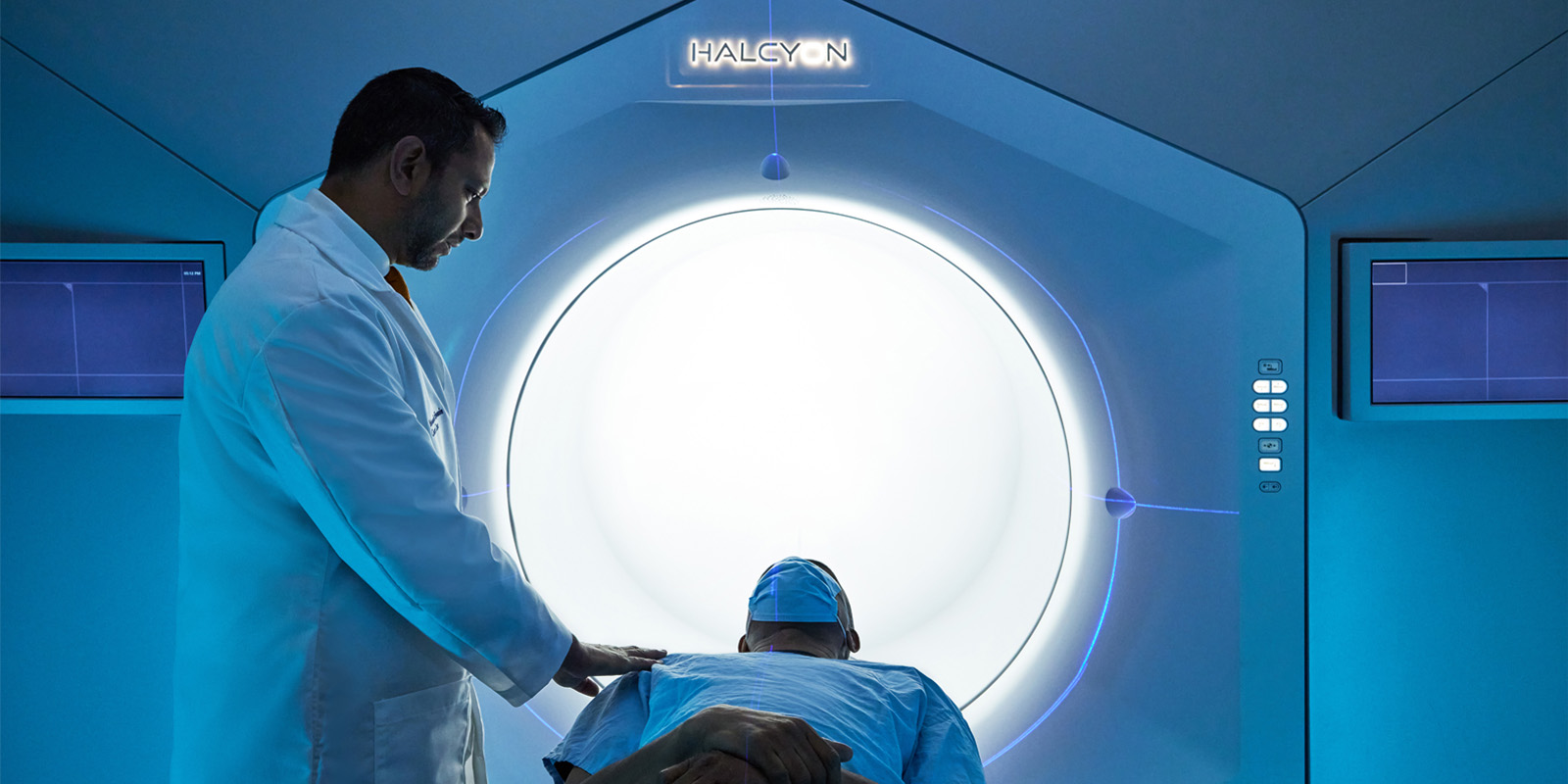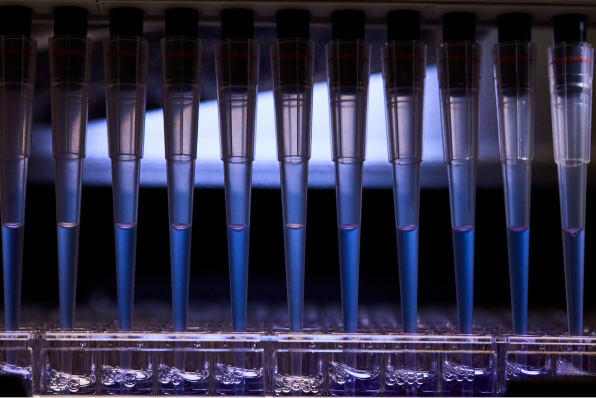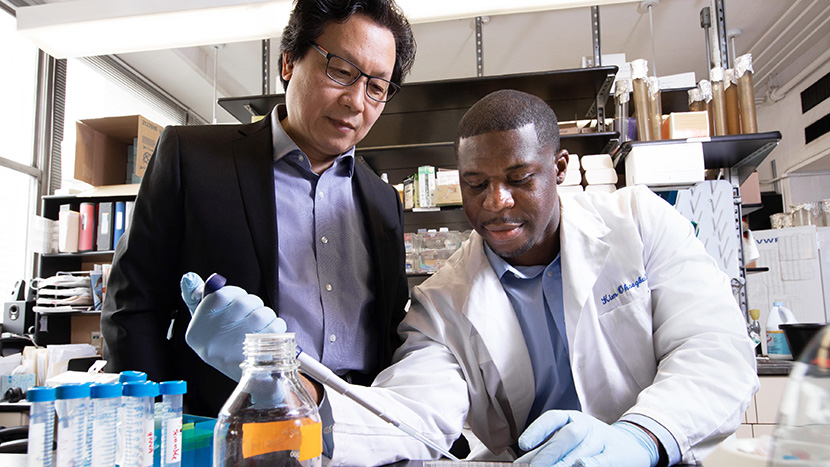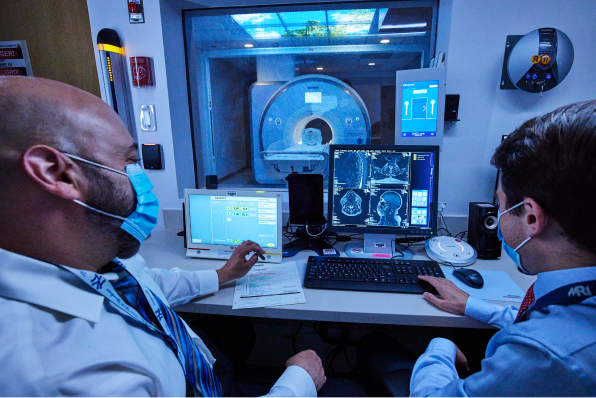Facing a cancer diagnosis and then having treatment can impact all areas of your life—including your sexual and reproductive health. The world-renowned experts at Montefiore Einstein Comprehensive Cancer Center are here to provide patient-centered resources and compassionate, holistic support. This includes helping you understand what you can expect and available healthcare for your sexual and reproductive health during and after cancer treatment.
Fertility Preservation Services
Undergoing cancer treatment can cause permanent changes to your fertility. Thankfully, there are options available to you that can preserve your ability to conceive a child. For those diagnosed with cancer, we offer fertility preservation (egg and sperm preservation) through Montefiore’s Institute for Reproductive Medicine and Health in Hartsdale, New York.
Those with the following types of cancer may particularly benefit from these services:
- Breast cancer
- Certain gynecologic cancers, which affect the female reproductive system
- Certain urologic cancers, which affect the male reproductive system
- Pediatric cancer
How Cancer Treatment Impacts Female Sexual Health
Some effects of cancer treatment only occur while you’re having treatment, while other effects can be longer-lasting. Here’s what you can expect:
- Chemotherapy can lower your body’s estrogen levels and cause your ovaries to stop producing hormones and eggs. Symptoms you may experience include:
- Hot flashes
- Irregular or missed menstrual periods
- Pain during sexual intercourse
- Sores on the vaginal tissue
- Hormone therapy can lower your body’s estrogen levels and cause symptoms such as:
- Hot flashes
- Irregular or missed menstrual periods
- Vaginal dryness
- Medications for cancer treatment—such as opioids and some antidepressants—may lower your interest in sex.
- Radiation therapy to the pelvic area—such as to your bladder, cervix, colon, ovaries, anus, uterus or vagina—can lower your body’s estrogen levels and may cause symptoms such as:
- Inflammation or swelling of the vagina
- Itching or burning in the vagina
- Pain or discomfort during sex
- Vaginal atrophy, including muscle weakness and thinning of the wall
- Vaginal dryness
- Vaginal stenosis, resulting in a narrow, shorter and less elastic vagina
- Surgery for gynecologic or breast cancer, such as mastectomy (complete breast removal) or lumpectomy (partial breast removal), can change how you view yourself as a woman and impact your sexuality
Treatments to Reduce the Impacts on Female Sexual Health
Most women can continue engaging in sexual activity during cancer treatment. In fact, doing so may help you retain some sense of normalcy in your daily life. Your cancer care team may recommend you try one or more of the following treatments to help you to continue having and enjoying sexual intimacy during cancer treatment:
- Speak with your doctor about cancer treatment side effects that may affect your sex life —such as pain, fatigue, sadness, hair loss or difficulty sleeping.
- Practice pelvic floor muscle exercises to increase blood flow to your vaginal area and improve your sexual health
- Use a dilator to help open up your vagina if you have experienced vaginal stenosis
- Use vaginal gels or cream to reduce dryness, itchiness or burning sensations
- Use vaginal lubricants to make sexual intercourse more enjoyable and less painful
How Cancer Treatment Impacts Male Sexual Health
Some effects of cancer treatment only occur while you’re having treatment, while other effects can be longer-lasting. Here’s what you can expect:
- Chemotherapy can lower your body’s testosterone levels and may decrease your interest in sex. It typically does not impact your ability to get an erection.
- Hormone therapy can lower your body’s testosterone levels and may decrease your interest in sex. Hormone therapy may impact your ability to get an erection.
- Medications used to treat pain, and some antidepressant medicines, can affect your nerves and blood vessels, leading to erectile dysfunction (trouble getting an erection) and reduced interest in sex.
- Radiation therapy to your pelvic area—such as the anus, bladder, penis or prostate—can affect your blood vessels and nerves, which can lead to erectile dysfunction. If your prostate has been damaged due to radiation therapy, you may be able to get an erection and engage in sexual intercourse, but you may have orgasms that do not produce semen.
- Surgery for certain types of cancer—such as penile, rectal, prostate, testicular, bladder or colon—may cause nerve damage and can lead to erectile dysfunction.
Treatments to Reduce Impacts on Male Sexual Health
Most men can continue engaging in sexual activity during cancer treatment. In fact, doing so may help you retain some sense of normalcy in your daily life. Your cancer care team may recommend you try one or more of the following treatments to help you to continue having and enjoying sexual intimacy during cancer treatment:
- Speak with your doctor about cancer treatment side effects that may affect your sex life —such as pain, fatigue, sadness, hair loss or difficulty sleeping.
- Use a condom during sex to avoid the transmission of chemotherapy drugs to your partner in your semen
- Use medication or a device like a penis pump to help get an erection
Using Birth Control During Cancer Treatment
You should use some form of effective birth control during cancer treatment. Men who are undergoing chemotherapy should use a condom during sex to reduce the chance of passing the chemotherapy drugs to their partner in their semen. Women diagnosed with breast cancer are generally advised not to take oral contraceptives, as they affect their hormones and can increase the chance of cancer returning. Speak with your cancer care team about the best birth control option for you during and after cancer treatment.
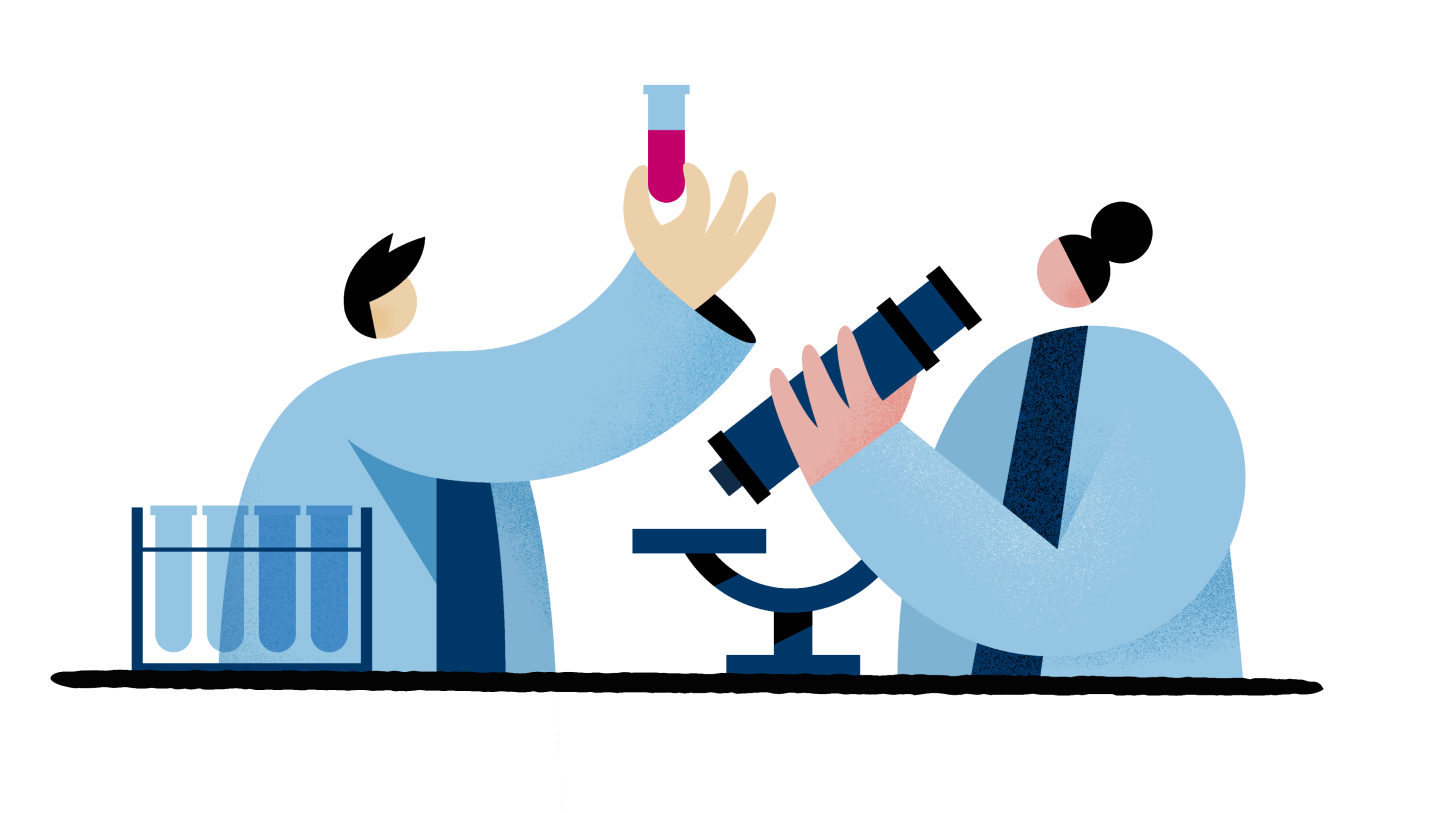
Cancer Clinical Trials
- Blood & Bone Marrow Cancers
- Brain, Spine & Central Nervous System Cancers
- Breast Cancer
- Childhood Cancers
- Endocrine System Cancers
- Gastrointestinal (GI) Cancers
- Genitourinary (GU) & Urologic Cancers
- Gynecologic Cancers
- Head & Neck Cancers
- Kaposi Sarcoma & AIDS-Related Cancers
- Lung & Chest Cancers
- Prostate Cancer
- Sarcomas
- Skin Cancer


